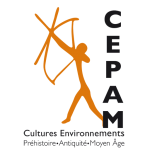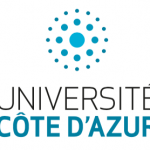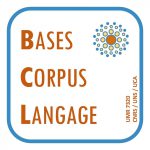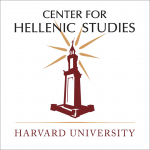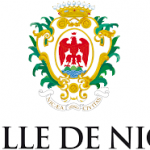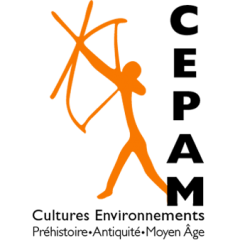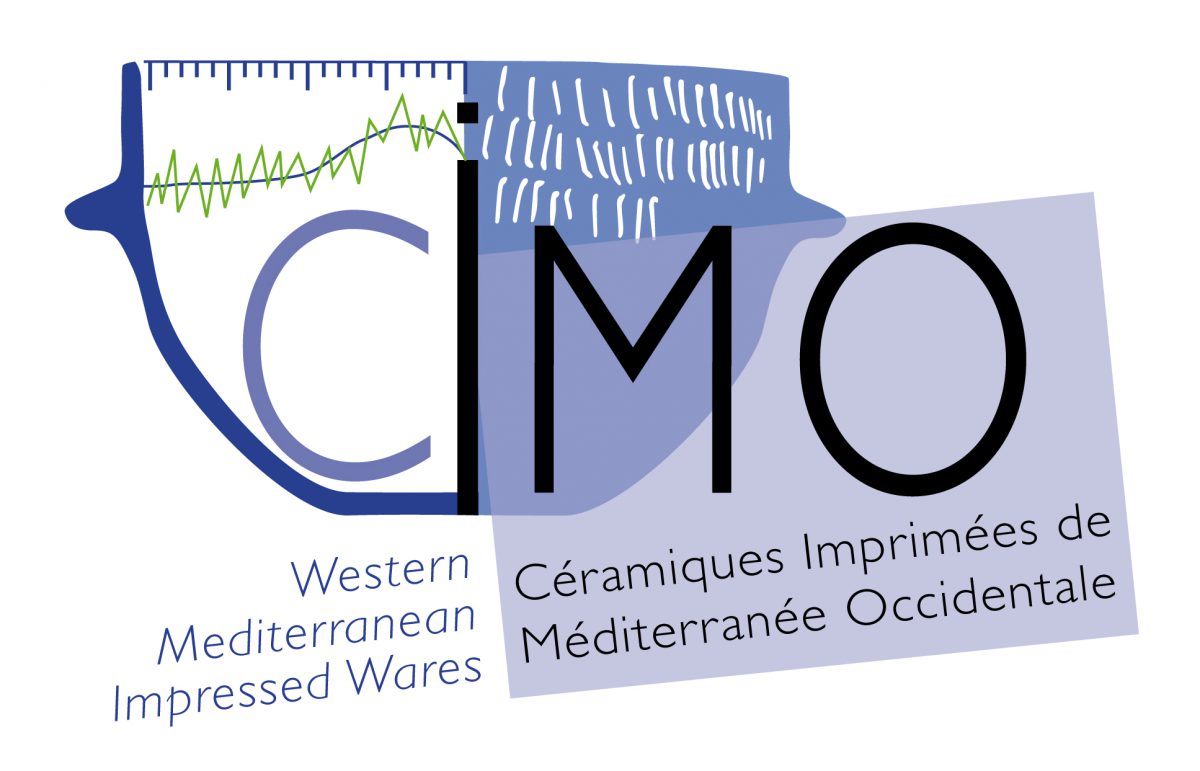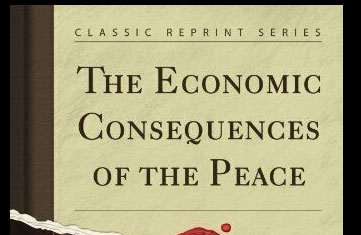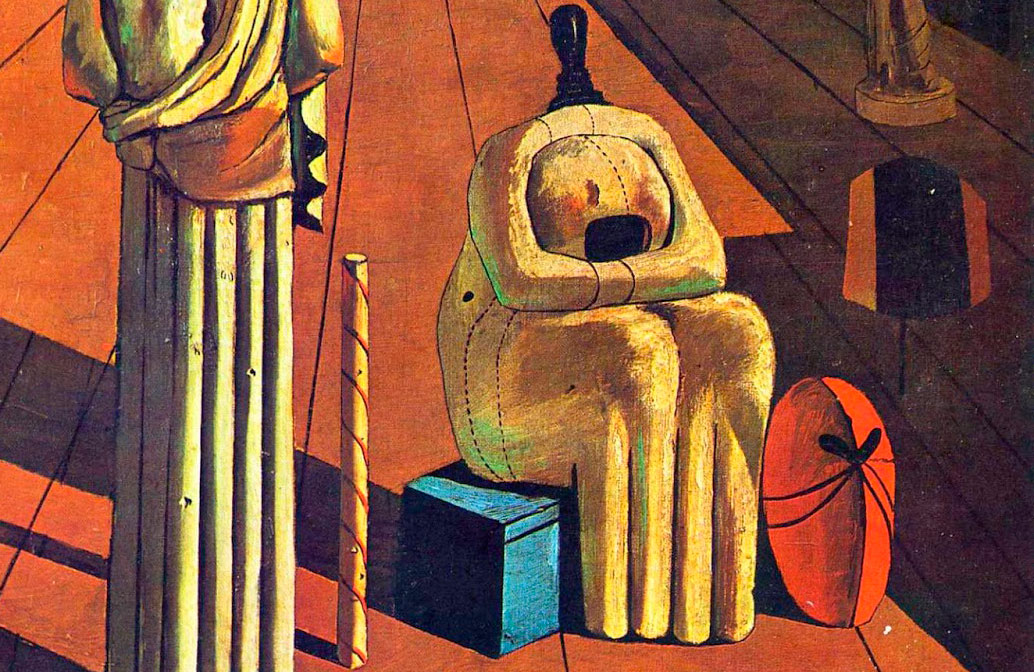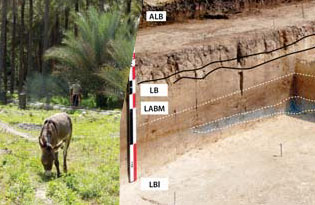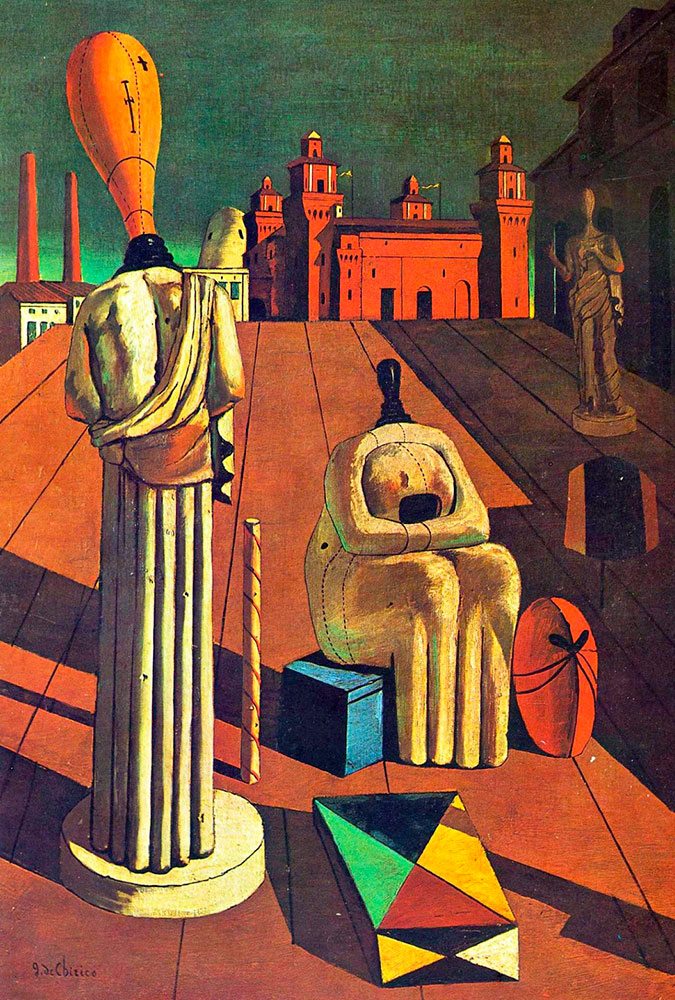
Colloque | Université de Nice, Sophia-Antipolis, mercredi 21- samedi 24 octobre
If you want to attend via Zoom, use this link :
Program :
Comité d’organisation : Nicolas Bertrand (Université Côte d’Azur / BCL UMR 7320), Gregory Nagy (Harvard University / Center for Hellenic Studies, Washington), Giampiero Scafoglio (Université Côte d’Azur / CEPAM UMR 7264, FR), Arnaud Zucker (Université Côte d’Azur / CEPAM UMR 7264)
Comité scientifique : Nicolas Bertrand (Université Côte d’Azur / BCL UMR 7320, FR), Nicolas Bouvier (Université de Lausanne, CH), Casey Dué Hackney (University of Houston, USA), Gregory Nagy (Harvard University / Center for Hellenic Studies, Washington USA), Filippomaria Pontani (Università Ca’ Foscari, Venezia, IT), Giampiero Scafoglio (Université Côte d’Azur / CEPAM UMR 7264, FR), Arnaud Zucker (Université Côte d’Azur/ CEPAM UMR 7264, FR)
Among Ancient Greek texts, the Homeric epics have certainly been the most often copied, widely studied and thoroughly commented during the whole Western tradition up to this day; furthermore, they have given rise to the largest diversity of critical perspectives in literature, and more generally in humanities. They provide a laboratory of literary studies, textual genetics, historical critic, anthropological analysis, digital humanities, and so on. With this conference, we wish to propose a state of the art of the recent advances in scholarship on the Homeric poems and tradition. This synthetic review will be dialectic in nature, since it will confront the different and often diverging approaches and conceptions which have arisen during the last decades and deeply renewed the field of Homeric studies. It will be organized around six main perspectives.
Call for Paper
Confirmed keynote speakers are : Rutger Allan (Vrije Universiteit Amsterdam, NL), Nicolas Bouvier (Pr, Université de Lausanne, CH), Casey Dué Hackney (Pr. University of Houston, USA), Gregory Nagy (Pr. Harvard University / Center for Hellenic Studies, Washington USA), Filippomaria Pontani (Università Ca’ Foscari, Venezia, IT).
You are warmly invited to send a proposal. All proposals should consist of a one page abstract (about 250-300 words), for 30-minute papers to be delivered in English, French, German or Italian. The abstract should omit any reference identifying the author to ensure anonymity in the review process.
The deadline for abstracts is February 1stThe participants will be notified of the acceptance of their proposals by March 1st 2020.
Accommodation and meals will be provided for all speakers but the organisation committee will not cover travel expenses
Proposals, abstracts and other correspondence should be sent to:
homer2020@univ-cotedazur.fr
Panel 1. The composition problem
The research on the progressive and stratified composition of Homeric epic boils down today to two main orientations: “oral theory” and neo-analysis (a trend which almost incorporated the neo-unitarian orientation, or at least adopted some of its tenets). However, there has been a new urge for overcoming that interpretative dichotomy and integrating as much as possible both orientations, which indeed share some common ideas despite their important differences. This panel will accordingly start a debate, in the form of a round table, to help scholars of both critical orientations find a common ground and maybe also reconsider what they really disagree on.
Panel 2. Manuscript tradition and textual criticism
The medieval Homeric tradition started with the manuscripts of the Iliad in the 10th century (i.e. Laurentianus 32.15 = D and Venetus A = Marcianus Graecus 454), on which modern editions are based, including the authorized and at the same time controversial one by M. West (Stuttgart-Leipzig, 1998–2000). However, some papyrus fragments displaying the Homeric text are available, which predate by more than 1200 years the medieval tradition, but they have not been sufficiently considered in the constitutio textus. More generally, the texts’ complexity (what C. Dué calls their “multiformity”) has not always been properly evaluated and addressed: one has only to think about the difficult problem of the indirect tradition. The time has thus come to go back to the tradition and to the textual critic of Homeric poems in a wider, more complex, nuanced and flexible perspective.
Panel 3. The critical tradition
The history of Ancient Greek literature is, for a large part, the history of Homeric readings: grammar, commentary and exegesis of many flavors, edition, rhetoric, encyclopedism were the result of promoting and ruminating the Homeric text. This panel will evaluate what is new in the results of modern scholarship and tools about this complex tradition. Using new insights and analytic procedures, we can better appreciate the scope of intellectual evolution and the wealth of the tradition which developed on and about the Homeric text from Antiquity to the end of the Byzantine era.
Panel 4. Poetics and narratology
In the literature on Homeric poetics, there have been two major evolutions in the 20th century: on the one hand, scholars started to address the traditional and (at least originally) oral nature of the poems’ composition; on the other hand, they have applied narratological tools to the Homeric epic. Both approaches have deepened our reading of the text and shed new light on some of its specificities. What are the results of those approaches today? How can they help us understand the use and meaning of formulae, typical scenes, motives and themes, as well as their micro- and macrotextual narrative effects?
Panel 5. Language and metrics
Homeric Kunstsprache, being dialectically and diachronically composite, provides a unique material to investigate the origins of epic tradition. On the other hand, it is also a synchronic linguistic system which operates autonomously and often differently from Classical Greek. Moreover, one cannot ignore the role of the hexameter in shaping that language. Which new approaches help us understand the interplay between those different dimensions (diachrony, dialects, syntax, meter)? How can current linguistic trends broaden our understanding of Homeric language? And what are the challenges that this special kind of language poses to a linguistic approach?
Panel 6. Homeric architext
As a milestone of Ancient literature, the Homeric epics have dwarfed all competing epics and have become the never-ending source of creation, the literary syllabary of Antiquity. How can we appreciate their function as an architext without resorting either to wide generalizations or to punctual studies? On an intermediary scale, is it possible to evaluate, both within Greek tradition and beyond, both in Ancient and modern literature, not only the impact but also the nature of Homeric influence? To that level of intertextuality or intercreativity, we may add another, methodological one: as a model, a paradigmatic architext, the Homeric text helps us evaluate many literary processes and provides a perfect point of reference. It keeps on operating as an almost metaliterary model for a methodological reflection on all literatures and on the essence of literature. In both those lines of thought, theoretical and anthropological, recent research has confirmed the potential of Homeric poetry.
H2020 — Homère, horizon culturel
Colloque international de Nice, 21-24 Octobre 2020
Les épopées homériques ne sont pas seulement les œuvres grecques les plus recopiées, étudiées, commentées de toute la tradition occidentale jusqu’à nos jours, elles sont aussi celles qui suscitent, sans que cette fécondité et cet attrait ne se démentent jamais, le plus grand nombre de perspectives critiques diverses en littérature, et plus largement dans les sciences humaines. Elles constituent un laboratoire des études littéraires, de la génétique textuelle, de la critique historique, de l’analyse anthropologique, des humanités numériques, etc. L’objectif de ce colloque est de proposer un état des lieux des avancées récentes de la recherche sur l’œuvre et la tradition homériques. Ce bilan et cette synthèse prendront une forme dialectique par la confrontation des approches et conceptions souvent divergentes développées au cours des dernières décennies, qui ont profondément renouvelés les études homériques. Ils seront organisés en six perspectives.
Session 1. Problématique de la composition
La recherche sur la composition progressive et stratifiée des épopées homérique procède aujourd’hui en suivant deux orientations principales, la « théorie orale » et la néo-analyse (qui a presque incorporé aussi le courant néo-unitaire ou, au moins, en a acquis plusieurs instances). Cependant, des voix se sont récemment élevées pour réclamer un dépassement de cette dichotomie critique et, autant que possible, une intégration de ces deux orientations, qui ont un certain nombre de points de contact, en dépit des différences, qui d’ailleurs ne sont pas sans importance. Il s’agira donc d’entamer un débat, une table ronde au sens propre du terme, pour faire dialoguer les deux orientations critiques en cherchant en terrain d’entente et (pourquoi pas ?) en reconsidérant les écarts qui les séparent.
Session 2. Tradition manuscrite et critique textuelle
La tradition manuscrite médiévale d’Homère commence avec les manuscrits de l‘Iliade du Xème siècle (scil. le Laurentianus 32.15 = D et le Venetus A = Marcianus Graecus 454), sur lesquels se fondent les éditions homériques, y compris celle aussi autorisée que controversée de M. West (Stuttgart-Leipzig, 1998-2000). Il y a cependant des fragments de papyrus mentionnant le texte homérique qui datent de plus de 1200 ans avant la tradition médiévale, mais ils n’ont pas été suffisamment pris en considération dans la constitutio textus. Plus généralement, la complexité des textes homériques (ce que C. Dué appelle leur « multifor-mité ») n’a pas toujours été correctement évaluée et dûment affrontée : il suffit de penser au problème épineux de la tradition indirecte. Donc il est temps de revenir sur la tradition et sur la critique textuelle homérique dans une perspective plus large et complexe ainsi que plus flexible et nuancée.
Session 3 : La tradition critique
L’histoire de la littérature grecque est en grande partie celle des lectures homériques : la grammaire, les formes du commentaire et de l’exégèse, l’édition, la rhétorique, l’encyclopédisme naissent de la promotion et de la rumination du texte homérique. Il s’agira d’évaluer ce que les recherches et outils modernes permettent de saisir de neuf de cette tradition complexe. Cette nouveauté ne tient pas seulement au texte lui-même considéré sans cesse comme absolument moderne, mais aussi à une meilleure analyse du corpus des scholies et du développement de l’exégèse homérique. Grâce à des procédures d’analyse et des intuitions nouvelles l’ampleur de l’évolution intellectuelle et la richesse de la tradition qui se construisent sur et autour du texte homérique de l’antiquité à la fin de l’époque Byzantine sont désormais mieux appréciées.
Session 4. Poétique et narratologie
La recherche sur la poétique homérique a connu, au cours du XXe siècle, deux évolutions majeures : d’une part la prise en compte du caractère traditionnel et (au moins à l’origine) oral de la composition des poèmes, d’autre part la mise en œuvre d’outils narratologiques appliqués au récit homérique. Ces deux approches ont permis d’enrichir notre lecture du texte et de mieux comprendre certaines de ses particularités. Quels sont aujourd’hui les résultats de ces avancées ? Comment permettent-elles de mieux comprendre l’emploi et la signification des formules, des scènes typiques, des motifs et des thèmes, ainsi que de leurs effets narratifs micro- et macrotextuels ?
Panel 5. Langue et métrique
La Kuntzsprache homérique, par son caractère diachroniquement et dialectalement composite, offre un matériau unique pour interroger les origines de la tradition épique. Parallèlement, il s’agit aussi d’un système linguistique synchronique au fonctionnement autonome et souvent différent du grec classique. De plus, il n’est pas possible d’ignorer le rôle de l’hexamètre dans la constitution de cette langue. Quelles nouvelles approches permettent aujourd’hui de comprendre l’interaction entre ces différentes dimensions (diachronie, dialectologie, syntaxe, métrique) ? Comment les méthodes linguistiques actuelles enrichissent-elles notre comprehension de la langue homérique ? Et quels défis les particularités de cette langue posent-elles à l’approche linguistique ?
Panel 6. L’architexte homérique
Pierre angulaire de la littérature ancienne, l’épopée homérique a rapidement écrasé la concurrence épique et s’est imposée comme l’inépuisable source de création, le syllabaire littéraire de l’antiquité. Comment mesurer la fonction d’architexte jouée par l’épopée autrement que par des présupposés généraux ou des études ponctuelles, comme il en existe à foison. Peut-on à l’intérieur de la tradition grecque et au-delà, dans les littératures anciennes et modernes, évaluer à une échelle intermédiaire non seulement l’impact mais la nature de l’influence homérique. A ce niveau d’intertextualité ou d’intercréativité s’ajoute un autre niveau, méthodologique, qui relève de cette perspective : comme modèle, ou architexte paradigmatique, le texte homérique aide à penser un grand nombre de pratiques littéraires et constitue un point de référence éminent. Il continue d’opérer comme un modèle presque métalittéraire pour une réflexion méthodologique sur toutes les littératures et le fait littéraire. Dans ces deux voies, littéraire, théorique et anthropologique, les recherches récentes ont confirmé le potentiel homérique.
